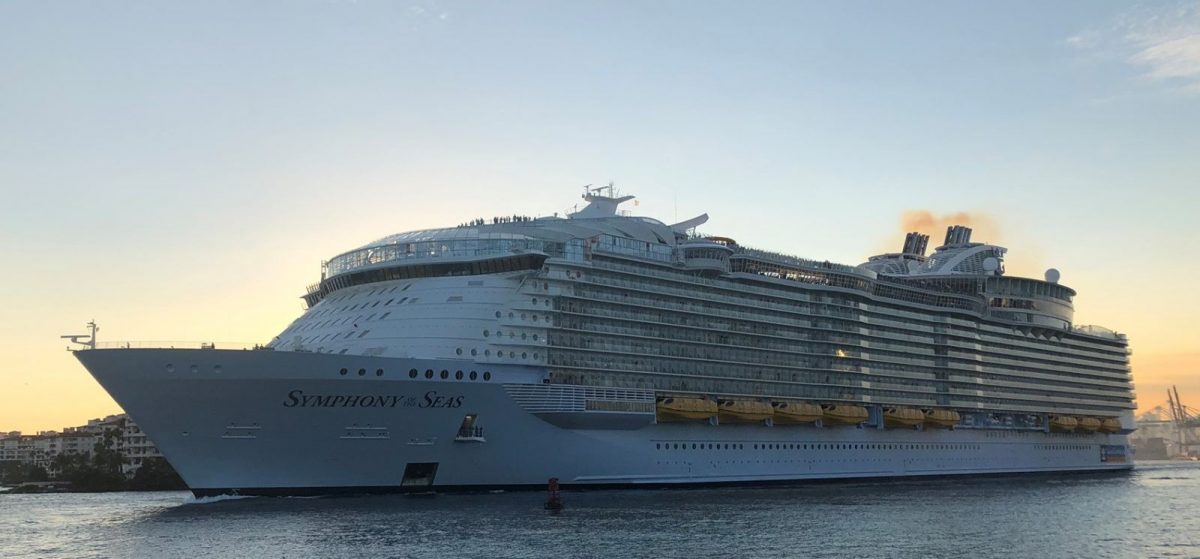Top tips for targeting Chinese tourists

With a combined spend of £288 billion on international travel in 2018 China is already the world’s biggest outbound tourism market. Rising incomes and relaxation in travel restrictions mean the Chinese are forecast to take 160 million trips by 2020. Mark Lewis, CEO and founder of HotelREZ, shares his expert tips on how to capture this rapidly-growing market.
Travel agencies, hotels and other tourism services have started developing precisely positioned offers to market to Chinese tourists, and for good reason. A recent McKinsey study noted that the Chinese outbound travel market is expected to grow by 6.1% annually.
Here are three tips on how to target the Chinese outbound tourism market:
Know your audience
It is important to do your research and learn more about your target audience before making recommendations to Chinese travellers. Culturally, the Chinese enjoy the prestige of outbound travel – as a result, the top 10% of Chinese travellers spend an average of $2,225 per day, which includes $439 per night on accommodation. This means that promoting budget hotel rooms and travel packages will be of less interest to Chinese tourists than luxury accommodation and destinations, so you need to be selective with what you’re offering to them.
Furthermore, 85% of Chinese travel is to major cities around the world, with the most popular being trips to Asian cities such as Hong Kong, Seoul and Bangkok. However, European cities are also seeing a steady growth spurt. According to data from the European Travel Commission, bookings from China to Europe between the January-April 2019 period were up by 16.9% compared to 2018, also ahead of the 9.3% increase in Chinese bookings to other worldwide destinations. All four European sub-regions reported positive and strong growth including Central/Eastern Europe which posted a double-digit increase of 10.6%, Western Europe reported a 6.1% increase, while both Southern and Northern Europe regions saw an increase of 5.2% and 2.7% respectively.
But this does not mean that destinations outside of popular cities have no chance of attracting Chinese tourists. Younger travellers are seeking more exotic travel destinations, including Panama, Bahamas and Iceland. Interestingly, there is also an increasing trend of Chinese travellers preferring to indulge in more authentic experiences, where they can truly immerse themselves within local traditions and culture.
Stay relevant
While in the past, most Chinese tourists travelled in large groups and built much of their trip around shopping, that is changing. Many small groups and even solo travellers are seeking a new experience, which is why it is important to highlight the offerings around you and increase your SEO by appearing in searches for travel tips in your area.
Word of mouth is very important for the Chinese market. If you already have a small clientele of Chinese customers, providing them with incentives to share travel stories with others will attract returning customers or create a buzz around specific holiday destinations, properties and experiences. You can also think about promoting your travel company on Chinese microblogging sites like Sina Weibo. These sites are extremely popular and allow users to recommend companies, experiences and products to each other.
Ensure accessibility
For starters, make sure your website and booking engine are translated into Chinese. Including travel trips that could appeal to Chinese tourists, such as shopping, main attractions and local restaurants, will help you stand out as well. If a hotel provides free WiFi, a Chinese breakfast, in-room slippers or any other perk that could appeal to Chinese guests, ensure it is well highlighted on the website. Also be aware that Chinese guests like to feel valued. Make sure you highlight your clients’ perks and choose a trusted payment site. The Chinese will happily transact online but want to do it via familiar sites such as AliPay and China UnionPay.
Once you have the right content on your hotel’s website, you need to ensure it is visible in China. This means promoting the offering on the right online channels, namely using Chinese search engine optimisation (SEO) and social media strategies. Google, Facebook, Twitter, YouTube and other well-known social media channels are banned in mainland China, so you will need to use Chinese alternatives. Baidu is China’s main search engine, dominating over 70% of the Chinese market, while Chinese social network Weibo attracts over 445 million monthly users.
Bev
Editor in chief Bev Fearis has been a travel journalist for 25 years. She started her career at Travel Weekly, where she became deputy news editor, before joining Business Traveller as deputy editor and launching the magazine’s website. She has also written travel features, news and expert comment for the Guardian, Observer, Times, Telegraph, Boundless and other consumer titles and was named one of the top 50 UK travel journalists by the Press Gazette.
 United Kingdom
United Kingdom United States
United States Asia Pacific
Asia Pacific












































CLIA expands trade support with expedition event
Qatar Airways adding Manchester flights
Jet2 unveils Samos as new Greek destination for summer 2026
EU entry-exit system delayed again
ATC strike in Greece could disrupt flights this week